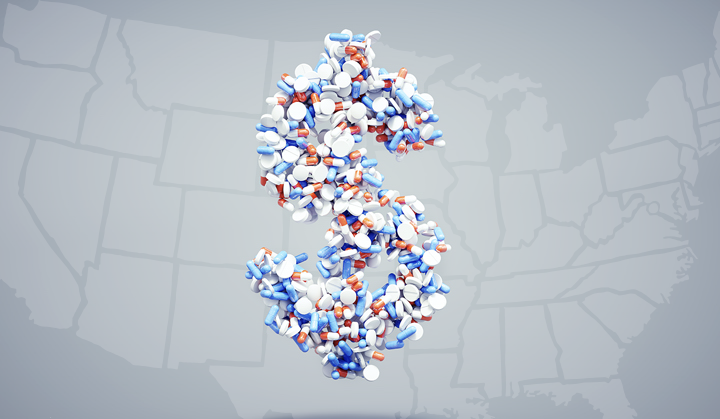The cost of prescription drugs, especially patent-protected brand-name drugs, is at the center of U.S. healthcare debates, even more so now ahead of Medicare’s price negotiations with pharmaceutical firms. The articles in this special issue clarify the relationship between drug pricing and insurer payments, medication value, and drug innovation, offering possibilities for improved public policy and insurance reimbursement. While the focus is on the United States, the authors also consider policy implications for the rest of the world.
Read More

